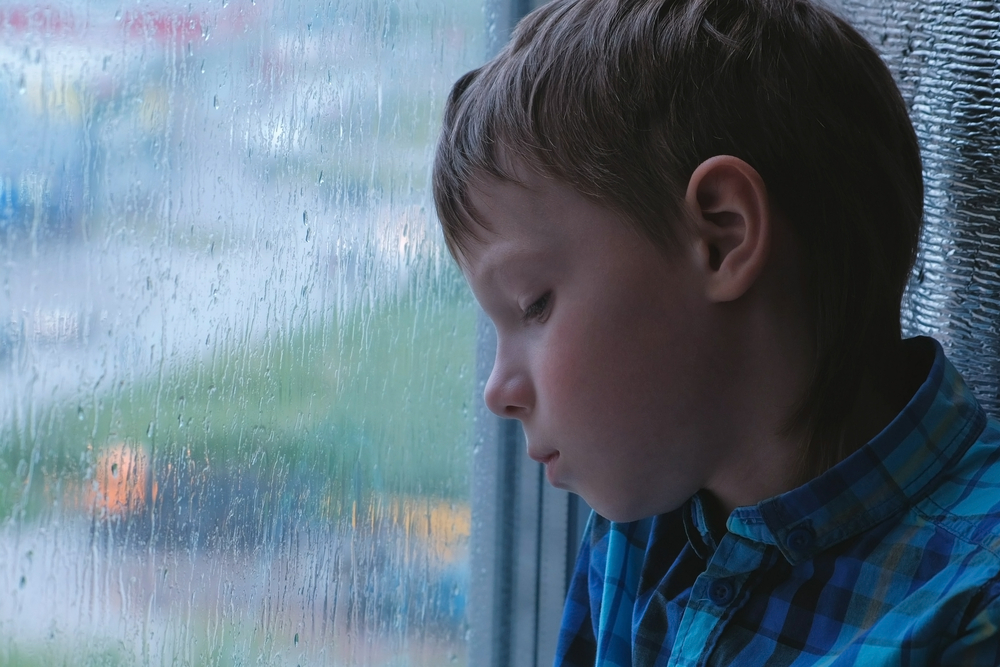
Mothers and Fathers Must Protect Their Sons from Sexual Assault
By Laurie A. Couture
Both mothers and fathers internalize sex-specific biases that lead them to put more focus on protecting their daughters from sexual assault than their sons. Due to incessant false media troupes, feminist rhetoric, and age-old stereotypes that Male = Perpetrator and Female = Victim, mothers and fathers alike tend to view their daughters as more sexually vulnerable than their sons. This myth of vulnerability leads parents to behave more protectively toward daughters than sons. Boys and young men are equally vulnerable to sexual assault as their sisters, yet mothers and fathers tend to suggest by default that sons must be taught not to be potential predatorsrather than taught to protect themselves from them. The harm caused by this inequality in protection is incalculable, as generations of little boys, adolescent boys, and young adult men grow up suffering sexual abuse, sexual exploitation, date rape, and other sexual traumas that might be completely unknown to their parents. The post traumatic destruction that this causes to the young male’s development can devastate his mental health, health, and life.
I could provide you with decades of statistics finding that boys and young men suffer equal and even slightly higher rates of sexual assault by females than the reverse. I could tell you that hundreds and hundreds of boys and young men I’ve worked with have suffered rape, sexual abuse, date rape, sexual exploitation, sexual harassment, sexual attacks, online sex crimes, and other sexual trauma at the hands of mothers, fathers, family members, school teachers, baby sitters, peers, partners, “trusted” adults in the community, and online predators. However, if you do not challenge your own biases about vulnerability, especially rooted in how you were viewed and how you viewed yourself as a youth, you might be unable to accept the information. You might, being well-meaning, provide sexual assault prevention messages that confuse reality rather than focus on what actually occurs in the lives of today’s children and youths.
Dads and Moms, step back and take a look at all the ways your son is vulnerable at his age to those who could physically, emotionally, socially, educationally, financially, and digitally manipulate him in a sexual manner. Make sure to have an ongoing, evolving, age-appropriate dialogue with him in a gender-neutral manner about personal body safety, online safety, sexual consent, and sexual responsibility. Please make it clear that this is not a gendered issue: Sexual consent, sexual boundary respect, and personal body safety apply to everyone, and victims and perpetrators of child sexual abuse, rape, and other sex crimes can be—and are—male, female, transgendered, and non-binary. Sexual assault prevention is the responsibility of parents, and in today’s world with TikTok, video gaming platforms, and on-demand porn, it is harder to protect our children’s innocence and inviolability than ever before. However, the first steps involve both fathers and mothers challenging the dangerous myths that their sons are less vulnerable to sexual assault than their daughters… and that predators fit a stereotype.
References:
Kavenagh et al. (2023) https://www.sciencedirect.com/science/article/pii/S0145213423001102
Depraetere, J., Vandeviver, C., Beken, T. V., & Keygnaert, I. (2020). Big Boys Don’t Cry: A Critical Interpretive Synthesis of Male Sexual Victimization. Trauma, Violence, & Abuse, 21(5), 991-1010.
French, B. H., Tilghman, J. D., & Malebranche, D. A. (2015). Sexual coercion context and psychosocial correlates among diverse males. Psychology of Men & Masculinity, 16(1), 42.
Albert, B., Brown, S., Flanigan, C. M. (2003). 14 and Younger: The Sexual Behavior of Young Adolescents. [PDF file]. Washington, DC: The National Campaign to Prevent Teen Pregnancy. https://files.eric.ed.gov/fulltext/ED477795.pdf
Hines, D. A. (2007). Predictors of Sexual Coercion Against Women and Men: A multilevel, multinational study of university students. Archives of Sexual Behavior, 36(3), 403-422.





